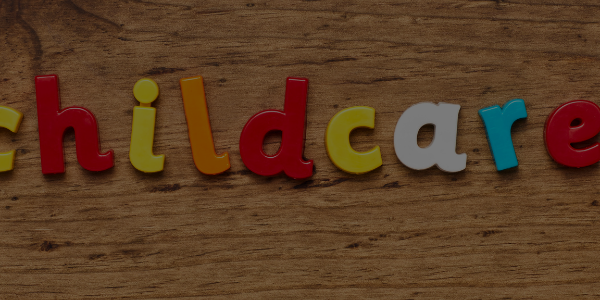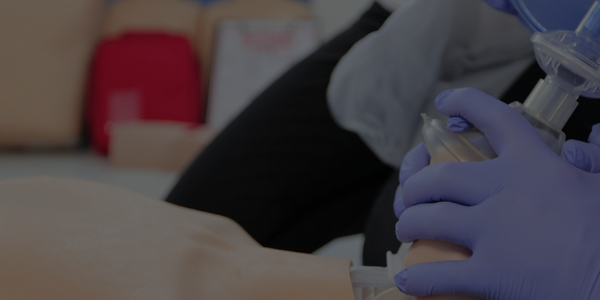Have you ever choked on something?
A cold is a viral infection of the upper respiratory system. It is usually milder than the flu and don’t usually cause complications.It is most common in young children and babies.
They’re often contagious and spread easily from person to person. When your child has it, it doesn’t matter if it’s his first or his fifth. You want to do everything you can to ease his discomfort and make him feel better fast. That may be tough, because the average kid gets between six and eight colds a year.
Colds in children are very common, and the average child has between six and 10 each year. In general, toddlers and preschoolers are especially susceptible to it because they spend so much time in close contact with other children.
Medicine can help relieve symptoms of a it, but there’s nothing that can cure it. Colds usually go away on their own after four to seven days. In the meantime, try these home remedies to help your child feel better and get better faster.
What Causes Colds in Children?
Colds are caused by viruses that infect the upper respiratory system, including the nose, throat, sinuses, eustachian tubes, trachea, larynx, and bronchial tubes. The most common cold viruses are rhinoviruses (rhinos means “nose”). There are more than 200 known types of rhinoviruses that can cause a cold.
However, it’s important to understand that viruses don’t infect a person immediately. It can take as long as one to three days for the symptoms of a cold to appear after an infection occurs. This means that it’s almost impossible to prevent a child from getting the common cold — unless you keep your child in complete isolation.
What are the symptoms of Colds in Children?
Symptoms of a cold may include:
- Nasal congestion or stuffiness
- Runny nose (clear or colored mucus)
- Sneezing
- Sore throat
- Hoarseness
- Mild cough (not associated with fever)
- Mild headache and/or body aches
- General feelings of being unwell (malaise)
Make sure your child gets lots of rest. If he feels tired, let him sleep. Naps are good for kids who are sick. Don’t worry about an extra hour or two of sleep at night, either.
Give your child plenty of fluids to drink, including water, juice (diluted if necessary), and warm soups and teas.
Offer foods such as chicken soup, noodles, cooked cereal, bananas, and rice — whatever sounds good to him. Go easy on strong-smelling foods like garlic, onion, and spicy dishes when your child is congested.
Please note that regular First Aid and CPR Training is the best way to make sure that you’re prepare in the case of an emergency. Book a course with us!
Find this article useful? Read more of our blogs here!





